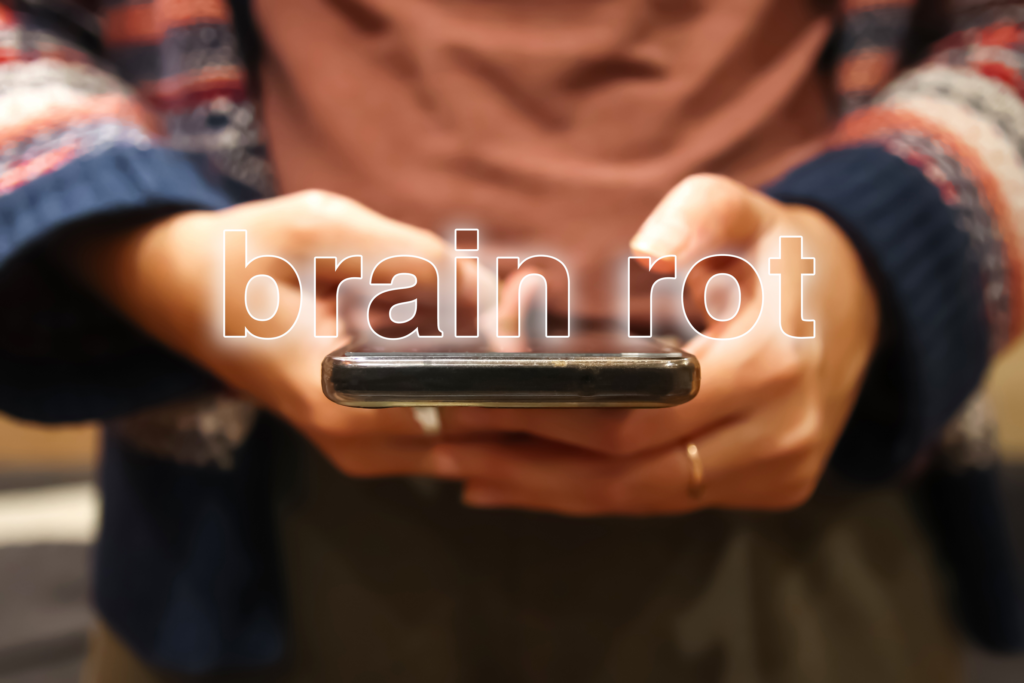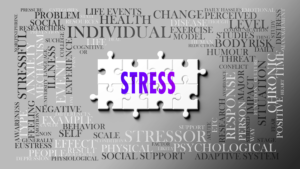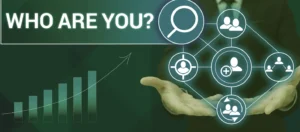
Over the past five years, Oxford’s “word of the year” indicated how people within our Western nations were thinking, or NOT thinking:
- In 2020 “Unprecedented” was the word to describe the “never-before experience” that caused the global emergency that COVID presented.
- In 2021 “Vax” was the word for the apparent remedy that allowed an exit from the international predicament of an unprecedented pandemic.
- Then, in 2022, “Goblin mode” was popularized to portray a post-pandemic state of mind: unapologetically self-indulgent, lazy, slovenly, greedy in a manner that rejected normal behaviour or expectations.
- 2023’s word of the year was “rizz” – the middle of a longer word, “charisma” – the ability to attract another through style, charm, or attractiveness. Rizz was used to describe celebrity and talent, usually with entertainment value, that served to help people forget about the years prior.
And then in 2024, Oxford chose a word of the year that emphasized unthinking devotion to triteness: “Brain rot”!
In an article from Oxford University Press on December 2, 2024, “Brain rot” is defined as “the supposed deterioration of a person’s mental or intellectual state, especially viewed as the result of overconsumption of material (now particularly online content) considered trivial or unchallenging…”
Oxford asserts that the first mention of the term “brain rot” was in 1854 by Henry David Thoreau in his book, Walden, where the author criticizes, “…society’s tendency to devalue complex ideas or those that can be interpreted in multiple ways, in favour of simple ones, and sees this as indicative of general decline in mental and intellectual effort.”
The exact quote from Thoreau’s Walden is:
‘While England endeavours to cure the potato rot, will not any endeavour to cure the brain-rot, which prevails so much more widely and fatally?’
In a press release, Casper Grathwohl, Oxford Languages President, states the following:
“Looking back at the Oxford Word of the Year over the past decade, you can see society’s growing preoccupation with how our virtual lives are evolving, the internet culture is permeating so much of who we are and what we talk about.
“Last year’s winning word, ‘rizz,’ was an interesting example of how language is increasingly formed, shaped, and shared within online communities. ‘Brain rot’ speaks to one of the perceived dangers of virtual life, and how we are using our free time.”
As it was popularly used in 2024, “brain rot” is a metaphor for cognitive decline, not in a medical sense, but as a perceived loss of mental sharpness or focus.
While “brain rot” is not a clinical condition, it encapsulates the intellectual stagnation and mental fatigue that can arise from overconsumption of content presented on the plethora of social media platforms available.
Over the past couple of decades institutions like Harvard’s Medical School and Oxford University have presented evidence that our online activities have been shrinking the grey matter of our brains and adversely affecting memory and shortening attention spans.
The University of California’s Dr. Gloria Mark has estimated our ability to focus over the years has caused a dramatic drop in attention spans amongst people with increased online activity.
Her research indicates that in 2004 the average span on any screen was 2:30; by 2012 it dropped by half to 1:15; 2018 saw it plummet to 47 seconds.
A few platforms are taking the brunt of the blame for this situation. Tiktok and Instagram, for example, are under fire from not a few Western governments because of their purposeful intent to keep users scrolling for long periods of time.
While lacking depth or real meaning, the barrage of content presented provides instant gratification instead of intellectual engagement in the form of memes, trending challenges and viral videos. These presentations in many genres have profound effects on those who overconsume. Some are:
- Steadily Decreasing Attention Span: the quick consumption of information in bite-sized formats can cause inability to deal with complex ideas, causing a preference for oversimplified narratives.
- Decline in Critical Thinking: overexposure to shallow or biased content reduces the ability to evaluate information critically, which causes an increase in susceptibility to misinformation and disinformation.
- Erosion of Intellectual Pursuits: too many have foregone traditional forms of enrichment – reading books, attending lectures, searching out meaningful artistic works, which leads to a “dumbing down.”
- Reduced Productivity: employees and students may have trouble concentrating, lower problem-solving skills and diminished creativity – focus is difficult, and output is curtailed.
- Increased Anxiety and Depression: excessive exposure combined with pressure to “keep up,” exacerbates mental health issues. There can be a sense of detachment or stagnation with “mindless browsing,” “doomscrolling,” or “gaming addiction.”
So, in a literal or figurative sense, is your brain “rotting?” Is mine?
Are we having so much difficulty with assessing complex ideas that we just accept simplified narratives without investigation? Can we evaluate information critically, or have we become susceptible to misinformation and disinformation?
Do we seek out intellectual enrichment or prefer entertainment that “dumbs down?” How is our productivity at work or school? Are we anxious, depressed or both?
Are our brains “rotting? If so, there are positive habits that we can develop to combat and even reverse “brain rot.” Recognition of its causes and making deliberate choices that promote intellectual growth, and well-being can help to avoid the mind-numbing effects of this metaphorical malady and help us lead more balanced lives.
Here are four strategies to curb “brain rot”:
- Limiting Screen Time: setting boundaries around social media and streaming can free up time for more activities that stimulate the mind and enrich our lives.
- Make More People Time: pursue meaningful conversations and share experiences and stories with friends, family, fellow employees or students, etc. to avoid its isolating effects.
- Learn a New Skill or Take up a Hobby: read more, especially books that educate, study to become proficient at a new skill, or take up a hobby that requires focus and creativity to reengage the mind.
- Bodily Exercise: physical activity, whether individual exercise or participation in sports can help refresh one’s mental state and improve cognitive function.
“Brain rot” in our societies is an indication of how we have preferred to think or to not think – at least too deeply about issues that affect your life and mine. At the core of this malady is the convenience of access available to us with modern technology.
However, a balance of real-life and online-life must be found to address the challenges posed by “brain rot” through prioritizing intellectual engagement and meaningful connection.
In our modern world the internet and social media seem like functional necessities in life, but our consumption must be guided by a more ancient concept found in Romans 12:2 of the Holy Bible:
“…do not be conformed to this world, but transformed by the renewing of your mind, that you may prove what is that good and acceptable and perfect will of God.”
If we believe that God created us in His image after His likeness, with thinking abilities above any creature on earth, then it is imperative we do not allow “brain rot.”
Don’t conform to common habits of our technologically advanced societies but transform your thinking with balanced and wise use of modern communication technologies.









